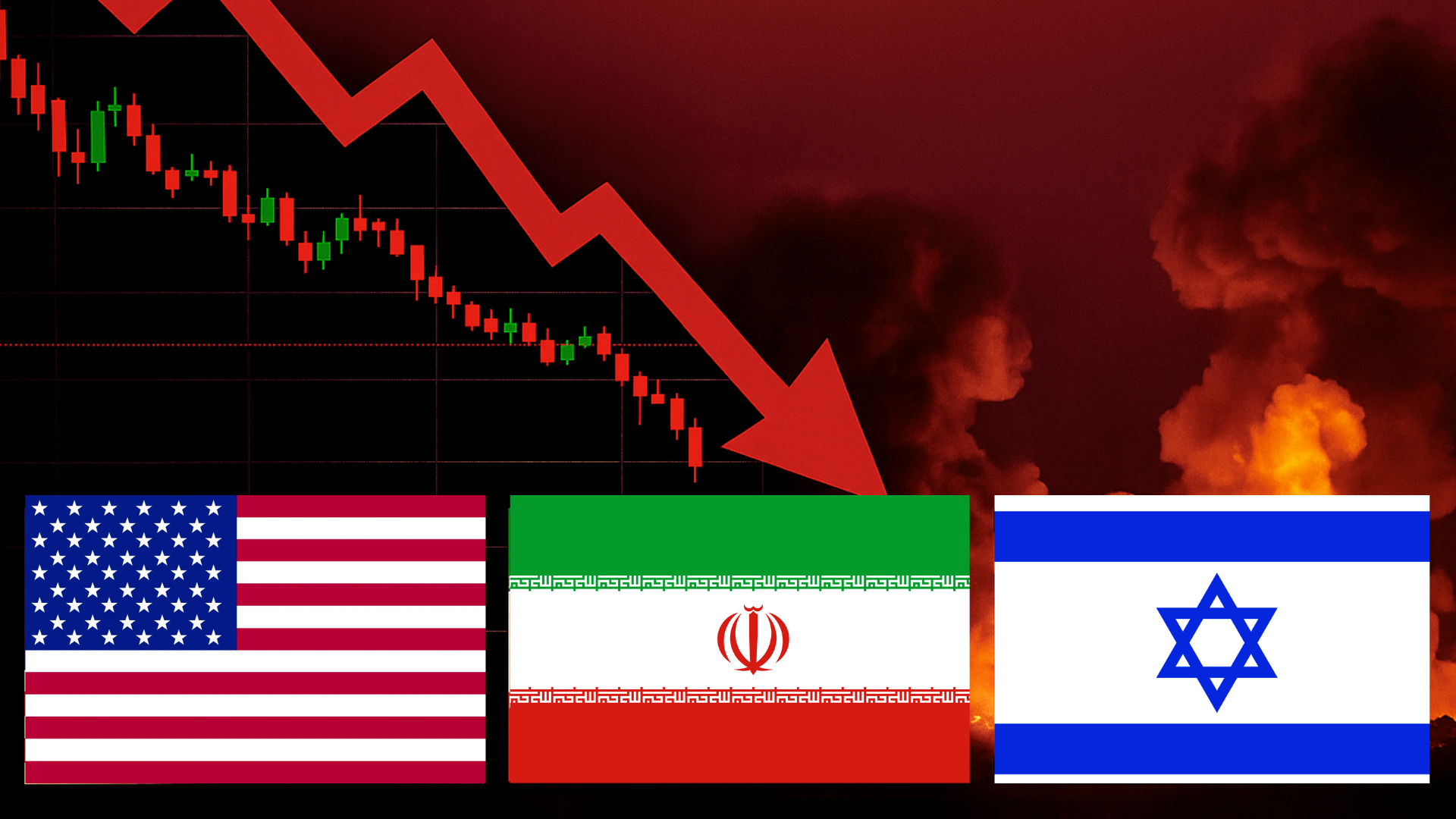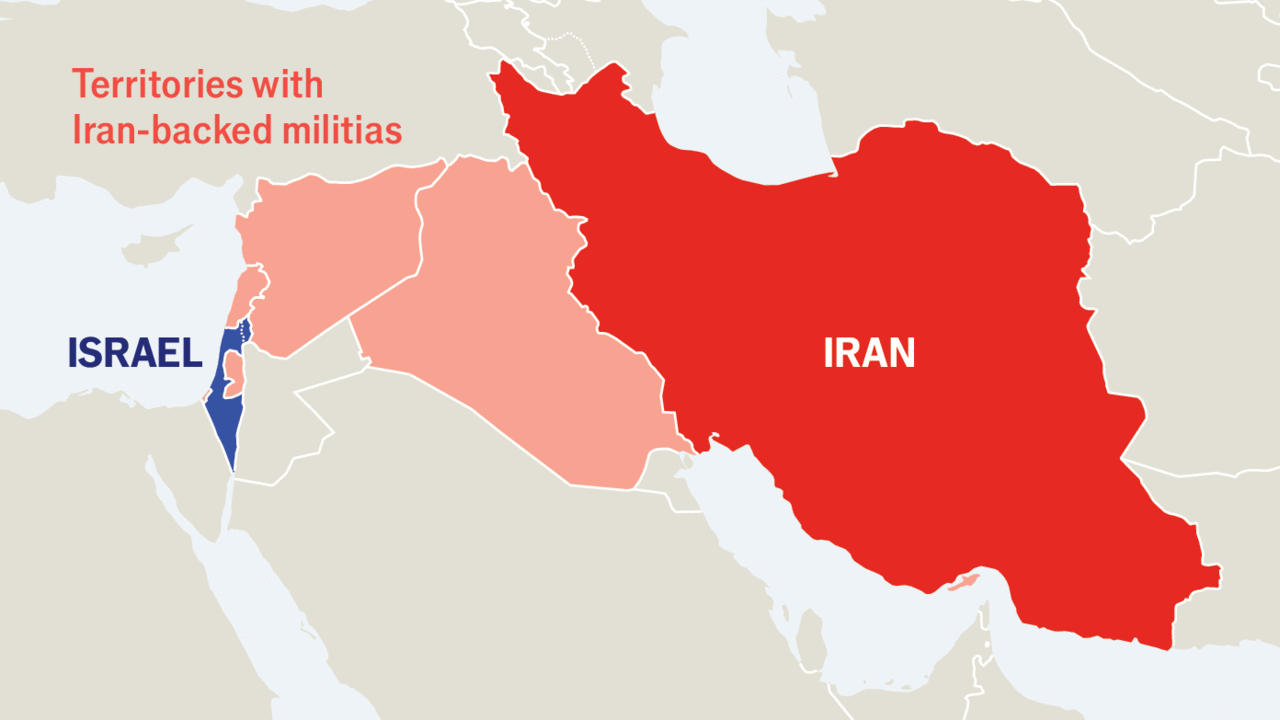Investors Fear Sharp Market Tumble if U.S. Enters Iran-Israel Fray
Rising tensions between the U.S. and Iran, fueled by the ongoing Israel-Iran conflict, have investors on edge. Experts warn that U.S. military involvement could trigger a sharp market selloff, spike oil prices, and strain an already fragile global economy. While stocks dipped slightly, safe-haven assets like gold and the dollar are gaining traction.

Israel-Iran vs USA Stock Market
Global financial markets are teetering as fears of U.S. involvement in the Israel-Iran conflict grow. The conflict, which escalated after Israel’s strikes on Iran last week aimed at curbing its nuclear capabilities, has already pushed crude oil prices up by nearly 9%. A potential U.S. military strike on Iran could send shockwaves through equities, with analysts predicting a swift selloff driven by soaring energy costs and heightened uncertainty.
On Wednesday, oil prices eased by about 2% as markets digested mixed signals. President Donald Trump sidestepped questions about U.S. plans to attack Iran but hinted at possible White House talks, while Iran’s Supreme Leader Ayatollah Ali Khamenei dismissed demands for unconditional surrender. Despite the dip in crude, Brent oil hovered around $76 per barrel, with Barclays forecasting a climb to $85 if Iran’s exports are halved—or even $100 in a worst-case scenario of broader conflict.
The S&P 500 edged up 0.3% on Wednesday, but analysts caution that stocks, trading near all-time highs, are vulnerable. “If Trump escalates U.S. involvement, markets will react negatively at first,” said Chuck Carlson, CEO of Horizon Investment Services. “But a decisive move might also resolve the conflict faster, limiting long-term damage.” Peter Cardillo, chief market economist at Spartan Capital Securities, added, “I don’t think Trump wants war, but if it happens, expect gold to surge, bond yields to drop, and the dollar to strengthen.”
Safe-haven assets are already reflecting investor unease. The U.S. dollar, seen as a refuge, has climbed 1% against the yen and Swiss franc since last Thursday, though it paused its rally on Wednesday. U.S. Treasury yields also slipped as demand for bonds grew amid fears of a wider Middle East conflict, which could disrupt critical energy supplies and global trade routes.

The energy sector, however, is finding favor. The S&P 500 energy index jumped over 2% in recent days, boosted by strong gains in Exxon Mobil (up 3.8%) and Valero Energy (up 5%). Meanwhile, defense stocks, already buoyed by global tensions, continued their climb, with the S&P 500 Aerospace and Defense index hitting record highs last week.
Citigroup economists warned that a sharp rise in oil prices could act as a “negative supply shock,” slowing global growth and fueling inflation. This comes as the World Bank recently cut its 2025 global growth forecast to 2.3%, citing Trump’s tariffs as a major drag. Investors are also eyeing Polymarket, where bets on U.S. military action against Iran by July stand at 63%, down from 82% on Tuesday but still elevated.
Despite the risks, some remain optimistic. “Markets are trying to look past this unless it becomes a full-blown regional conflict with U.S. involvement,” said Osman Ali, global co-head of Quantitative Investment Strategies, at a recent investor conference. For now, the S&P 500 remains just 2% shy of its February peak, reflecting resilience but also fragility in the face of rising geopolitical stakes.